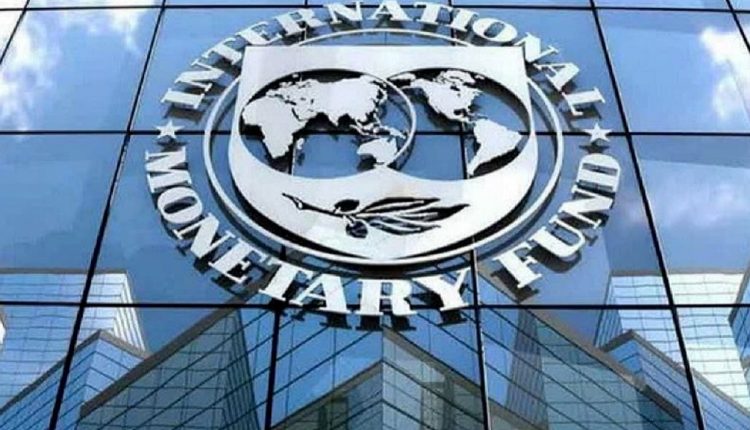Washington : The International Monetary Fund (IMF) and the United Nations Global Counter-Terrorism Coordination Compact issued the following statement:
The IMF joined the United Nations Global Counter – Terrorism Coordination Compact at a High-Level event on “Enhancing global cooperation on countering the financing of terrorism.”
Principals from the United Nations Office for Counter-Terrorism (UNOCT), the Counter-Terrorism Committee Executive Directorate (CTED) and the United Nations Office on Drugs and Crime (UNODC) attended the event virtually and welcomed the IMF in its observer capacity at the staff level as the 46th entity of the Global Counter-Terrorism Coordination Compact, the largest coordination framework within the UN system.
“The International Monetary Fund is in a position to contribute significant expertise to the Compact’s efforts to address illicit financial flows derived from terrorism and other forms of criminality,” said Mr. Vladimir Voronkov, Under-Secretary-General for Counter-Terrorism and Chair of the Global Counter-Terrorism Coordination Compact.
Mr. Bo Li, Deputy Managing Director of the IMF highlighted that “Fighting terrorism and terrorism financing is a complex, multifaceted endeavor that requires effective cooperation across a broad range of institutions coupled with robust national frameworks that deny terrorists access to financial systems and hinder their ability to collect resources, plan, and carry out terrorist acts.” He underlined that “The IMF will be making full use of the United Nations Global Compact which will be an integral part of its Combating the Financing of Terrorism (CFT) strategy.”
“UNODC, in its capacity as Chair of the Global Counter-Terrorism Coordination Compact Working Group on Criminal Justice, Legal Responses and Countering the Financing of Terrorism, has ‘been advocating and supporting a joint response to the growing threat of terrorist financing,’ which has “become more sophisticated and transnational in nature,” said Ms. Ghada Waly, Executive Director of UNODC. “UNODC looks forward to joining our partners in putting the new tool into practice, supporting those working on the front lines to stop terrorists from acquiring funds,” Ms. Waly added.
On behalf of CTED, the Working Group’s Vice-Chair, Executive Director Ms. Natalia Gherman, echoed the warm welcome to the IMF as a new member of the Global Compact, and underscored that CTED remains committed to monitoring the terrorist financing threat Member States face and to facilitating timely technical assistance through its partners to address this threat effectively. “In this regard, close cooperation and coordination between our various entities is crucial, and the Global Compact provides a unique platform for us all. The IMF is one of the key providers of technical assistance and training to Governments, including in the area of CFT, and is an important partner when it comes to policy development and risk analysis,” noted Assistant Secretary-General Gherman.
At the event, the IMF presented its latest publication “Countering the Terrorism Financing: Good Practices to Enhance Effectiveness” . The book is intended to assist anti-money laundering and combating terrorism financing (AML/CFT) policymakers and practitioners in identifying key challenges and good practices for strengthening the effectiveness of counter terrorism financing frameworks.
During the Expert-Level Panel Discussion on exploring ways to further enhance international cooperation on countering the financing of terrorism, UNOCT, IMF, CTED, UNODC, the 1267 Monitoring Team, the World Bank and the Egmont Group of Financial Intelligence Units provided valuable insights on current trends in terrorism financing, remaining challenges and gaps in responding to this threat, and potential areas for further enhancing joint coordination.
The United Nations Global Counter-Terrorism Coordination Compact, launched by the Secretary-General in December 2018, is the primary institutional vehicle for coherent and coordinated support to Member States in their implementation of the United Nations Global Counter-Terrorism Strategy. The United Nations Office of Counter-Terrorism serves as the Secretariat of the Global Counter-Terrorism Coordination Compact. Due to its expertise, the IMF joined the Counter-Terrorism Compact inter-agency Working Group on Criminal Justice, Legal Responses and Countering the Financing of Terrorism (CJLR-CFT).


Comments are closed.